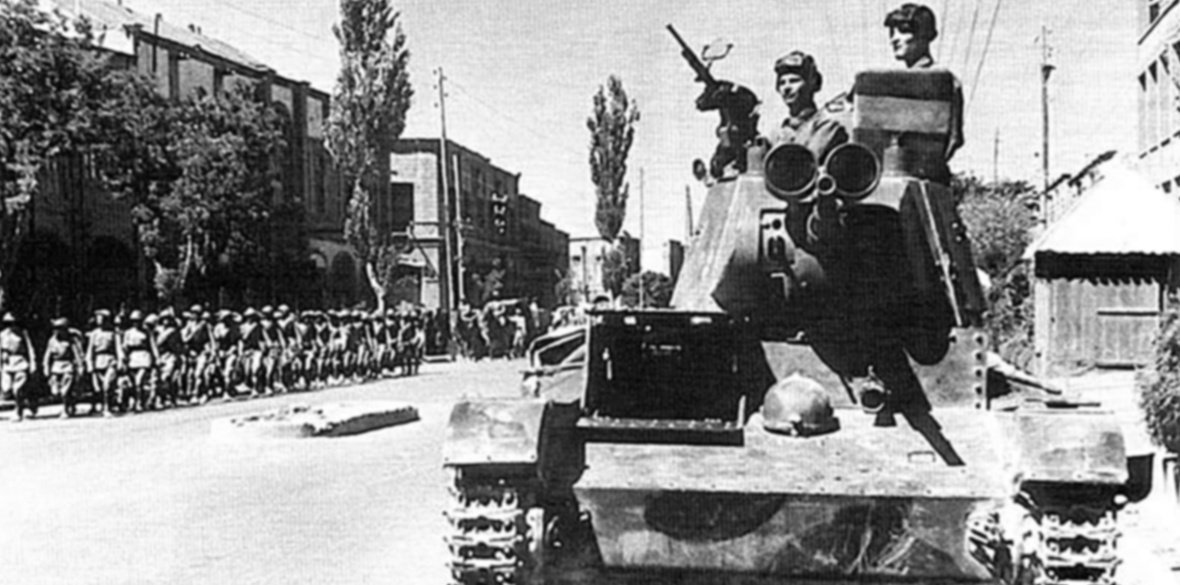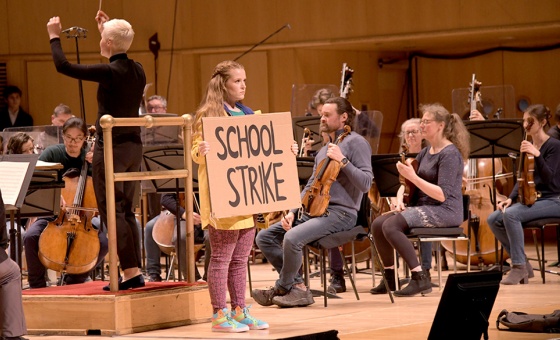This is the last article you can read this month
You can read more article this month
You can read more articles this month
Sorry your limit is up for this month
Reset on:
Please help support the Morning Star by subscribing here
THE Soviet Union’s contribution to the defeat of Nazi Germany has been downplayed. The focus is on the Battle of Britain, D-Day rather than on the millions of Soviet citizens who died in the battle to resist the Nazi war machine.
There is no popular understanding of the extent to which the Soviet Union was an ally Britain supported and co-operated with on a wide range of operations in the war effort. Turbett details these from official records and tells the stories of ordinary service personnel who engaged in joint activities and risked their lives to take supplies to the besieged Soviets.
The biggest operation was the Arctic convoys round the north of Norway to take weapons, tanks, planes and other equipment to the northern, and often ice-bound ports of Archangel and Murmansk.
Within reach of Nazi planes based in Norway and harassed by U-boats, these convoys suffered many losses with ships sunk and thousands of seamen lost mostly from the merchant fleet.
This sacrifice was recognised by the Soviets, but it took years for Britain’s government to agree to issue medals to the personnel involved and their survivors.
There were many more joint operations such as the joint invasion of Iran, to stop the oil-rich Shah siding with the Nazis; training of Soviet pilots in Scotland; Royal Navy personnel being based in Murmansk and co-operation between Britain’s secretive Special Operations Executive and the NKVD.
There was significant voluntary effort on the part of the British people to supply aid and campaign for greater effort to support the Soviets.
The Communist Party of Great Britain, once the Soviet Union entered the war, played an active role in this but these efforts went beyond just the comrades in the party with the prime minister’s wife Clementine Churchill being awarded the Soviet Red Banner of Labour award for promoting medical aid.
The book covers the role of the CPGB in some detail, tracking its controversial opposition to the war until the invasion of the Soviet Union, when they became the most active advocates of unity to fight the Nazis.
They promoted the cause of aiding the Soviets and of a second front in Europe to relieve the pressure on the Soviets. This brought them many admirers and new members until the tide of the war turned and doubts about future Soviet policy began to grow, encouraged by ruling class interests rediscovering their fears of the “threat” of communism.
With the war over the interests of the allies diverged with US and Britain looking to develop global trade while the Soviets sought to secure their own borders.
Labour won the 1945 election on a radical programme and the CPGB began its long decline.
Turbett has done a service to the history of WW2, the memory of the huge Soviet sacrifice and the people from Britain who contributed to the struggle against fascism by providing aid to our most crucial ally.
The Anglo-Soviet Alliance: Comrades and Allies in WWII by Colin Turbett is published by Pen & Sword, £25.











